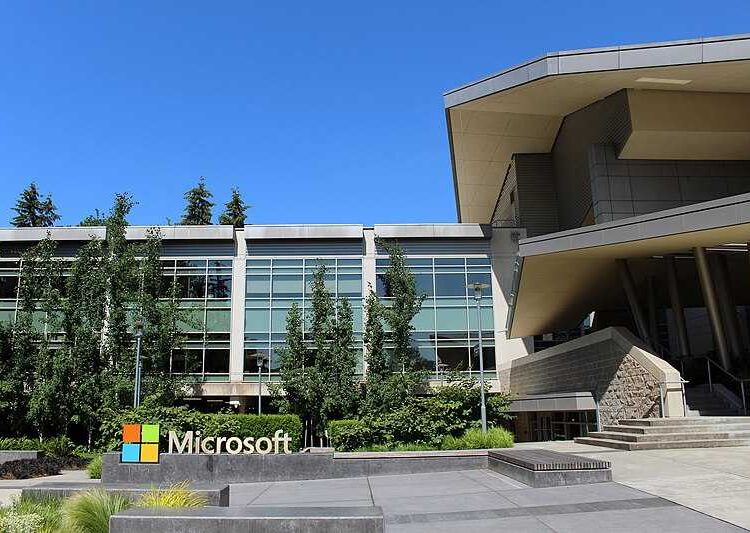Case could have far-reaching implications for federal agencies
- Supreme Court case challenges SEC’s enforcement powers
- Case could affect how multiple federal agencies operate
- Business groups and celebrities join in challenging SEC’s internal proceedings
- SEC brought over 550 administrative proceedings in the last fiscal year
- Supreme Court to consider three ways SEC administrative court was found unconstitutional
A Supreme Court case is set to challenge the Securities and Exchange Commission’s (SEC) enforcement powers, potentially impacting how multiple federal agencies operate. The case, brought by George Jarkesy, disputes the charges brought against him by the SEC and seeks to overturn the agency’s actions. If successful, the case could have implications for 30 agencies that regulate various sectors, including antitrust, energy, labor, and the stock market. Business groups, libertarian organizations, and business celebrities have joined Jarkesy in his challenge, arguing that the SEC’s use of administrative proceedings results in unequal outcomes, erodes trust in public institutions, and limits the availability of valuable market information. The case highlights the debate surrounding the powers of administrative law judges and the independence of federal agencies. The Supreme Court will consider three key issues raised by the case, including the assessment of monetary penalties, the choice of bringing cases internally or in regular courts, and the tenure protection of administrative law judges. The outcome of the case could have significant implications for the future operations of federal agencies and the balance of power between the executive and judicial branches.
Factuality Level: 7
Factuality Justification: The article provides information about a case before the U.S. Supreme Court involving George Jarkesy and the Securities and Exchange Commission (SEC). It explains that Jarkesy’s attorneys are asking the Supreme Court to overturn the SEC action, which could affect how federal agencies operate. The article also mentions the expansion of SEC powers after the 2008 financial crisis and the use of administrative proceedings by the agency. It includes quotes from experts and business groups involved in the case. Overall, the article provides factual information about the case and the potential implications of the Supreme Court decision.
Noise Level: 6
Noise Justification: The article provides some relevant information about a Supreme Court case challenging the SEC’s administrative proceedings. It mentions the potential impact on federal agencies and includes quotes from experts and business groups. However, the article lacks depth and analysis, and it does not provide much evidence or data to support its claims. It also includes some irrelevant information about George Jarkesy’s fraud case and the involvement of business celebrities like Mark Cuban and Elon Musk, which is not directly related to the main topic.
Financial Relevance: Yes
Financial Markets Impacted: The article discusses the potential impact of a Supreme Court decision on multiple federal agencies, including the Securities and Exchange Commission (SEC) and the stock market.
Presence Of Extreme Event: No
Nature Of Extreme Event: No
Impact Rating Of The Extreme Event: No
Rating Justification: The article primarily focuses on the potential implications of a Supreme Court decision on federal agencies and does not describe any extreme events.
Public Companies: Securities and Exchange Commission (SEC)
Private Companies: Business Roundtable,Americans for Prosperity
Key People: George Jarkesy (Money Manager), Ronald Levin (Administrative Law Professor), Mark Cuban (Business Celebrity), Elon Musk (Business Celebrity)
Reported publicly:
 www.marketwatch.com
www.marketwatch.com 





